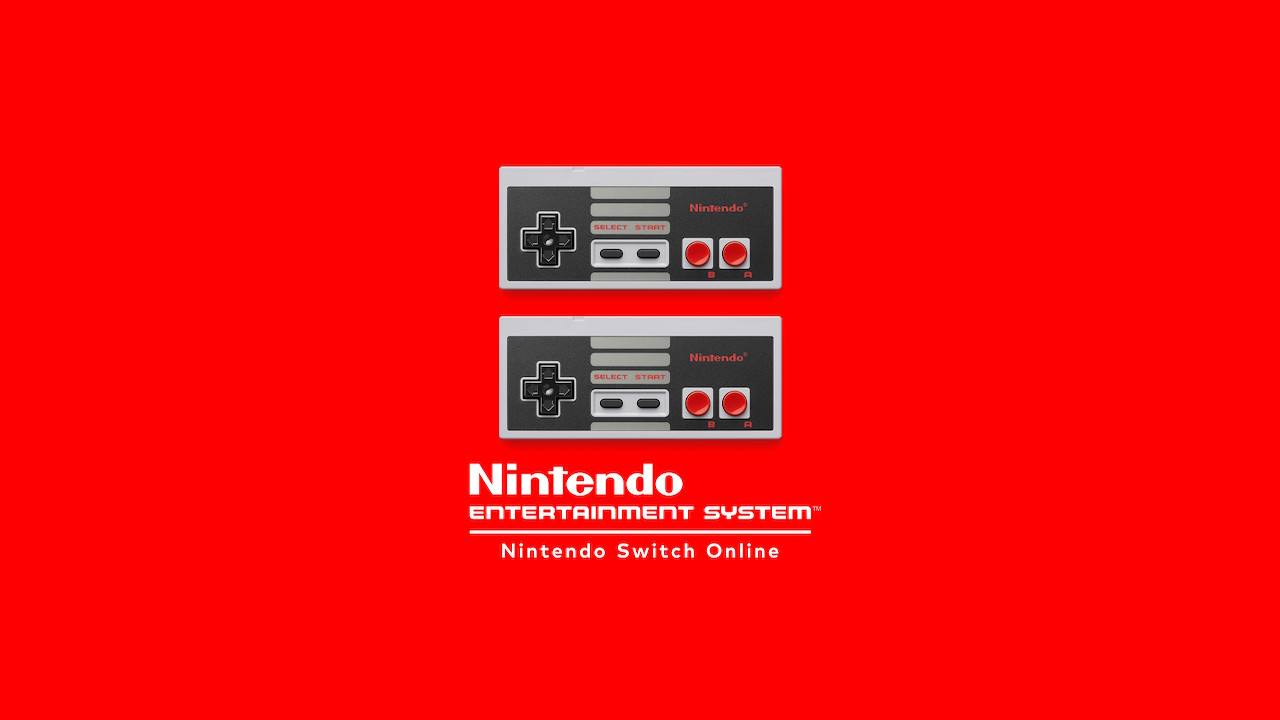Nintendo Wins Lawsuit Against Pirate: 'I Run The Streets'

In a decisive legal outcome that reverberates through the gaming community, Nintendo has won a significant lawsuit against an individual who illegally obtained and livestreamed the company’s games prior to their official release dates. The case drew considerable attention not only for the blatant copyright infringement but also for the defendant's defiant public statements, which included taunting the renowned video game company with the boast, "You might run a corporation, but I run the streets."
The ruling sends a clear and unambiguous message about the severe consequences of digital piracy, particularly when it involves pre-release content that can spoil a game's launch for millions of fans and undermine years of development work.
The Core of the Infringement: Pre-Release Piracy
The central issue in the lawsuit was the defendant's practice of acquiring unreleased Nintendo game files through illicit means. Rather than keeping this activity private, the individual chose to livestream gameplay to a public audience, effectively distributing spoilers and showcasing content that Nintendo had invested heavily in marketing for a coordinated global launch.
This act goes beyond typical post-release piracy. Pre-release leaks can cause irreparable harm to a game's debut by:
- Revealing Major Spoilers: Key plot points, character reveals, and surprise mechanics are exposed, diminishing the experience for players who purchase the game legitimately.
- Disrupting Marketing Campaigns: Publishers spend millions on carefully timed marketing strategies. Pre-release streams disrupt this timeline and steal the "thunder" from official announcements and trailers.
- Creating Unstable Impressions: Illegally obtained pre-release builds are often incomplete or contain bugs. Broadcasting this version can create a false and negative public perception of the final, polished product.
By broadcasting these titles, the defendant was not only infringing on Nintendo's copyright but actively interfering with the company's business operations and its relationship with its global fanbase.
A Public Display of Defiance
What set this case apart was the streamer's brazen and defiant attitude toward Nintendo's intellectual property rights. Instead of ceasing the activity when faced with legal pressure, the individual reportedly doubled down. The now-infamous quote, "You might run a corporation, but I run the streets," was a direct taunt aimed at the company, suggesting that its corporate authority was meaningless against his actions.
Sources indicate the defendant also displayed a relentless commitment to continuing the illegal streams, allegedly stating that he could "do this all day." This public defiance and clear, willful intent to infringe on copyright likely played a significant role in the legal proceedings. It demonstrated a complete disregard for the law and the creative work of thousands of developers, artists, and engineers, transforming the case from a simple matter of piracy into a direct and public challenge.
The Legal Verdict and Its Consequences
The court ruled decisively in Nintendo's favor. While specific financial details of the judgment remain confidential, such legal victories typically involve substantial monetary damages awarded to the plaintiff to compensate for the harm caused. More importantly, the ruling almost certainly includes a permanent injunction. This is a court order that legally prohibits the defendant from ever again illegally copying, playing, or distributing Nintendo's copyrighted material.
Violating such an injunction carries severe penalties, including further fines and potential jail time. The outcome serves as a powerful deterrent, illustrating that the perceived anonymity of the internet does not provide a shield from real-world legal accountability. The streets, it turns out, are still governed by the rule of law.
Nintendo's Unwavering Stance on Piracy
This lawsuit is consistent with Nintendo's long-standing, robust defense of its intellectual property. The company has a history of pursuing legal action against individuals, groups, and websites that facilitate the illegal distribution of its software and hardware.
This firm stance is not merely about protecting profits; it's about safeguarding the entire creative ecosystem. Video game development is a collaborative, time-consuming, and expensive endeavor. When games are pirated, especially before release, it devalues that work and can impact the financial viability of future projects. By taking decisive legal action, Nintendo protects its employees, its development partners, and the integrity of the gaming industry, ensuring that creators are compensated for their work and that fans can enjoy official, high-quality experiences as they were intended.
Frequently Asked Questions (FAQ)
Why does Nintendo take legal action against piracy?
Nintendo actively protects its intellectual property to safeguard the immense work of its developers, artists, and engineers. Piracy devalues creative products, can harm a game's launch success, and impacts the livelihoods of thousands of employees. Legal action serves to protect its creative assets and deter future infringement.
What were the consequences of this lawsuit?
The defendant is now subject to a court judgment that likely includes significant financial penalties and a permanent injunction. This court order legally forbids the individual from engaging in similar acts of piracy against Nintendo's products in the future, with severe penalties for any violation.
Is it illegal to stream a game before its release date?
Yes. If you obtain a game through illegal means (i.e., not through an official early-access program or review copy from the publisher) and broadcast it, you are infringing on the copyright holder's rights. This constitutes a violation of intellectual property law and can lead to serious legal consequences, as demonstrated by this case.